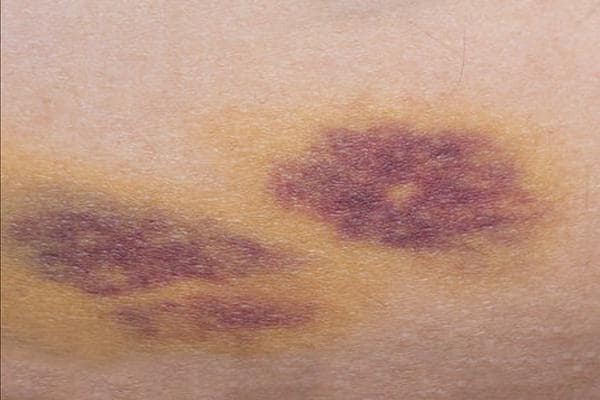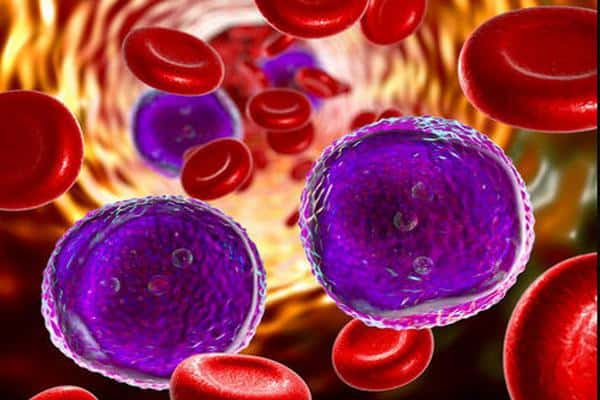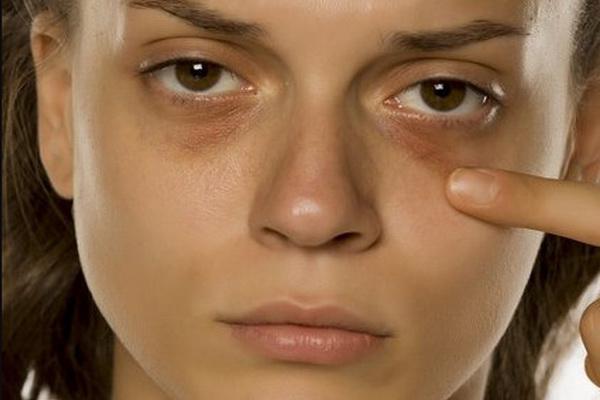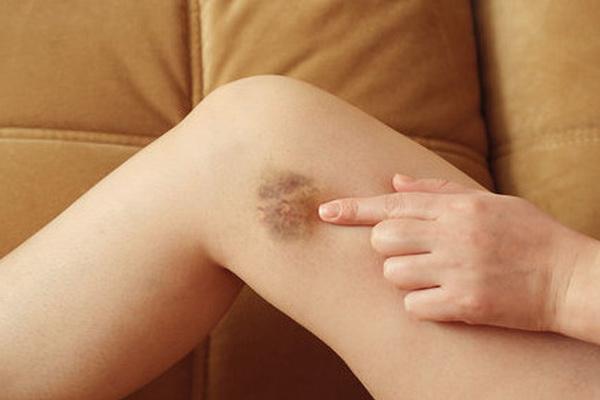Зміст
Bruises form on the skin as a result of damage to small blood vessels. This is a frequent effect of injuries, bumps or strong pressure. However, some people are more likely to struggle with unsightly, red-purple petechiae on their skin. Why is this happening? When are we more likely to get a bruise? Can they be a symptom of a serious illness? Find out what are the causes of hypersensitivity to skin pressure, how to protect yourself from bruises and what they tell us about our body condition.
The most common causes of bruising

The most common causes of bruising are mechanical injuries and pressure on the skin. Then, small blood vessels are damaged, and a small amount of blood enters the body tissue. The skin turns red-violet, and the impact site is slightly sore. To protect against bruising, a cold compress should be applied to the skin as soon as possible. Ointments with arnica or chestnut extract are also useful.
Some people are much more likely to struggle with bruises on the skin – this is most likely a hereditary feature and the effect of weaker blood vessels. Menstruating women and people taking certain medications, such as corticosteroids, aspirin, heparin, or ibuprofen, are more prone to bruising.
Bruising and Vitamin Deficiency

A greater tendency to bruises on the body can also be associated with a lack of vitamins in the body. This is a frequent effect of strict or unhealthy diets low in fruits and vegetables. Significant weakening of blood vessels can be caused by a deficiency of vitamins C, K and PP. Therefore, the diet should not have a lack of citrus, red fruits, cabbage, spinach, broccoli, fish, whole grain bread and legumes.
Bruising and anemia
Addiction to bruising is a characteristic symptom of anemia – a disease caused by iron deficiency. As a result, the level of hemoglobin in the blood drops sharply, and the tissues of our body are hypoxic. Other symptoms of anemia include persistent fatigue, pale skin and fainting.
Injuries and diseases of the kidneys
If you often accustom bruises despite the fact that they do not have serious bruises, you can examine the kidneys and urinary tract. Hematomas on the skin and bruises under the eyes are symptoms of a chronic disease and even kidney failure. This body is responsible for filtering the blood and removing toxins from the body, when it begins to fail, it gradually affects the entire body. Other symptoms of kidney failure include chronic fatigue, hypertension, lack of appetite, urination problems, itchy skin, pallor of the skin, and eczema.
Bruises and cirrhosis

Bruises should cause us concern if they appear spontaneously – without prior injury. This is a characteristic symptom of cirrhosis. The cause may be long-term alcohol abuse, as well as viral hepatitis or autoimmune diseases. For many years, liver disease produces almost no symptoms, leading to organ fibrosis. The liver produces substances that are involved in blood coagulation — when it stops working properly, nosebleeds, bruises, swelling, and hemangiomas (especially on the legs) appear. Other symptoms include yellowing of the skin, chronic fatigue, digestive problems and weight loss.








